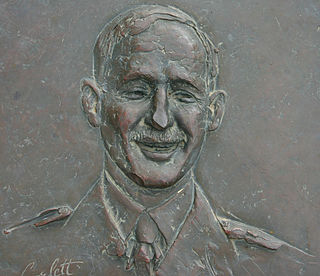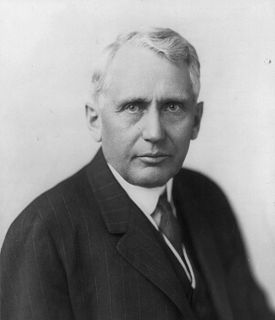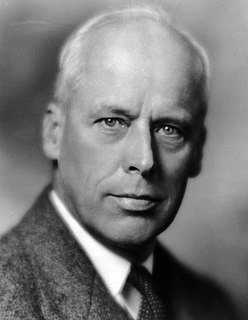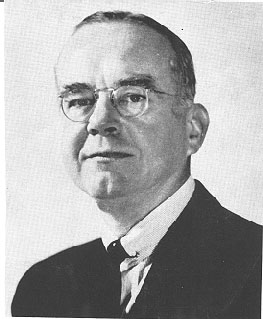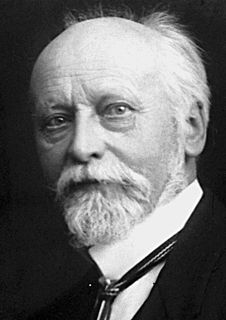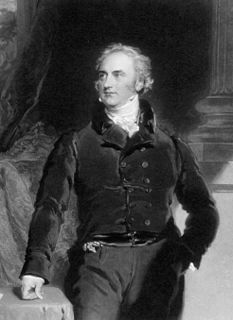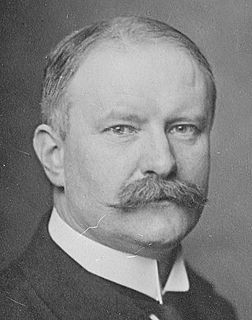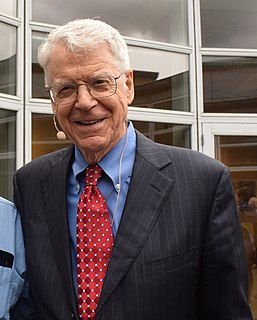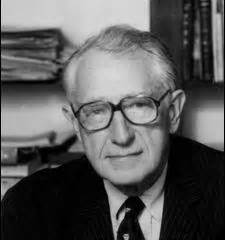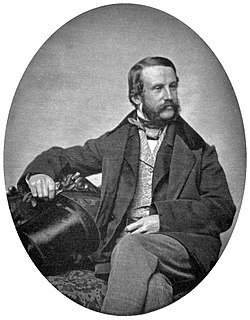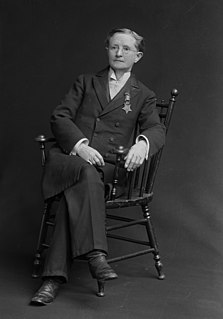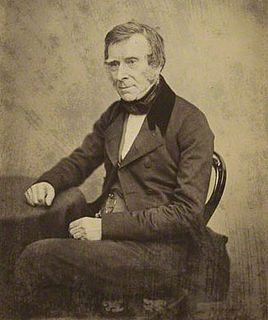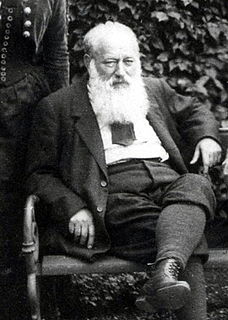A Quote by Edward Dunlop
The moral is obvious it is that great armaments lead inevitably to war.
Related Quotes
That all war is physically frightful is obvious; but if that were a moral verdict, there would be no difference between a torturer and a surgeon. There are certain intellectuals who are too bright to be content with merely praising peace but who are infuriated by anybody praising war. If no war is possible, all criminality has its chance
I came to the conclusion that war was an unacceptable way of solving whatever problems there were in the world--that there would be problems of tyranny, of injustice, of nations crossing frontiers and that injustice and tyranny should not be tolerated and should be fought and resisted, but the one thing that must not be used to solve that problem is war. Because war is inevitably the indiscriminate killing of large numbers of people. And that fact overwhelms whatever moral cause is somewhere buried in the history of that war.
A point has been reached where the peoples of the Americas must take cognizance of growing ill-will, of marked trends toward aggression, of increasing armaments, of shortening tempers--a situation which has in it many of the elements that lead to the tragedy of general war.... Peace is threatened by those who seek selfish power.
This truth may be unfashionable, unpalatable, no doubt unpopular, but, if it is the truth, the story of mankind shows that war was universal and unceasing for millions of years before armaments were invented or armies organized. Indeed, the lucid intervals of peace and order only occurred in human history after armaments in the hands of strong governments have come into being, and civilization in every age has been nursed only in cradles guarded by superior weapons and superior discipline.
Unconditional war can no longer lead to unconditional victory. It can no longer serve to settle disputes. It can no longer concern the Great Powers alone. For a nuclear disaster, spread by wind and water and fear, could well engulf the great and the small, the rich and the poor, the committed and the uncommitted alike. Mankind must put an end to war--or war will put an end to mankind.
We're in a very, very profound crisis. It's so obvious that no one in the power structure, either the corporate power structure or the political power structure, knows what to do or is willing to do what's necessary in relationship both to global war and global warming. It's so obvious that conditions are getting worse for the great majority of Americans. It's so obvious also that we face a very serious danger from people who feel, see themselves only as victims. And we have to somehow, in a very loving way, help the American people to recover the best that is in our traditions.
